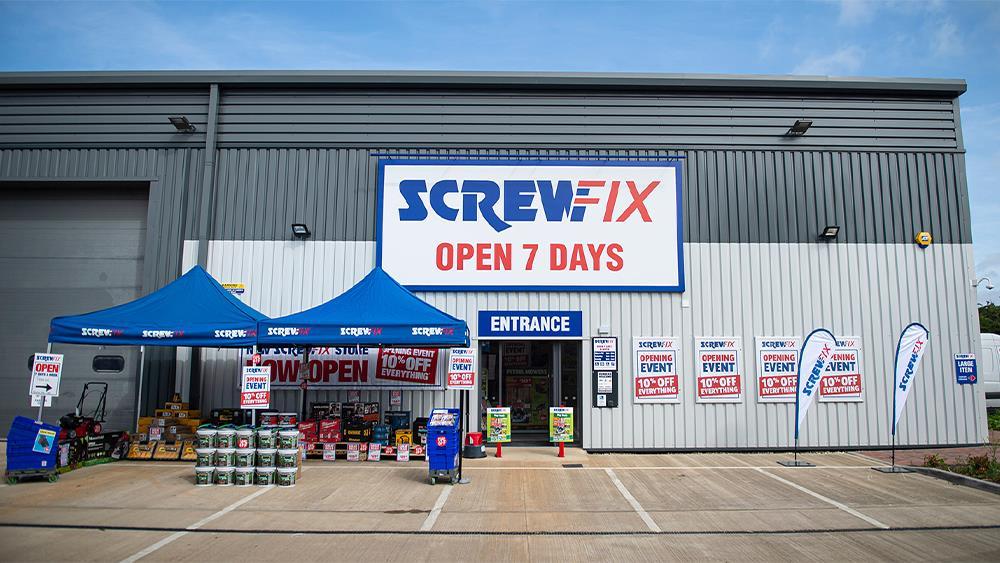

Big names of the UK's retail industry have written to the Chancellor to voice "significant concerns about the impact of the Budget on the retail industry and the economic consequences for inflation, employment and investment."
The letter, spearheaded by the British Retail Consortium, claims to "reflects the strength of feeling across the industry". It warns of "inevitable" job losses on the High Street, price rises, and shop closures as a result of tax rises in the Budget and other rising costs.
Signatories to the document include the CEOs of Tesco, Amazon, Greggs, Next, and dozens of household names, urging Rachel Reeves to reconsider some of the measures she announced at the end of October, and asking for a meeting with her.
Also among the signatures are those of Thierry Garnier (Kingfisher), Graham Bell (B&Q), John Mewett (Screwfix), Michael Rolland (The Paint Shed), Robert Parker (Topps Tiles), and David Wood (Wickes Group). B&Q and Screwfix are owned by Kingfisher.
The letter says: "We appreciate government’s focus on improving the fiscal situation and investing in public services; we also recognise the role businesses have in supporting this. But, the sheer scale of new costs and the speed with which they occur create a cumulative burden that will make job losses inevitable, and higher prices a certainty."
Among the issues listed by retailers, the Budget NIC threshold change is seen as a "particularly acute" one, given the large numbers of people employed by the sector in entry-level and part-time roles.
They estimate that the "cumulative burden" of the Budget changes and other policies already in the pipeline will add "up to £7 billion a year" in costs to a sector with a 3% to 5% profit margin. The letter places the sector's contribution to the country's GDP at over £100 billion per annum .
Plan changes to business rates also come under scrutiny: "We are concerned the proposals merely redistribute rates within the industry and would see many retailers’ bills significantly increase. Changes must lead to a significant, permanent reduction of rates bills for all retail properties if they are to offset the effects of the extra costs above in any meaningful way."
Warning that they "are already starting to take difficult decisions in our businesses", the CEOs involved estimate that the "effect will be to increase inflation, slow pay growth, cause shop closures, and reduce jobs, especially at the entry level."
In conclusion the letter suggests "adjusting the timings of some of [the] changes" to "give businesses time to adjust and greatly mitigate their harmful effects on high streets and consumers."
In particular, it would like a phasing of the introduction of the new lower earnings threshold on National Insurance, an extension of the timelines for implementation of the coming packaging levies, and a review of the proposals announced at the Budget on business rates, with a bringing forward of the timetable so benefits can be realised earlier.
In response the Treasure has defended its course of action, having to "make difficult choices to fix the foundations of the country", while Nadine Houghton, GMB Union National Officer, told the BBC that larger businesses "pleading poverty" was "utterly pathetic".
“Most of these companies’ fortunes are already subsidised by the tax payer. They pay very low wages which then have to be topped up by in work benefits," she added.
“It’s only right that they should now contribute a bit more to rebuilding our country.”